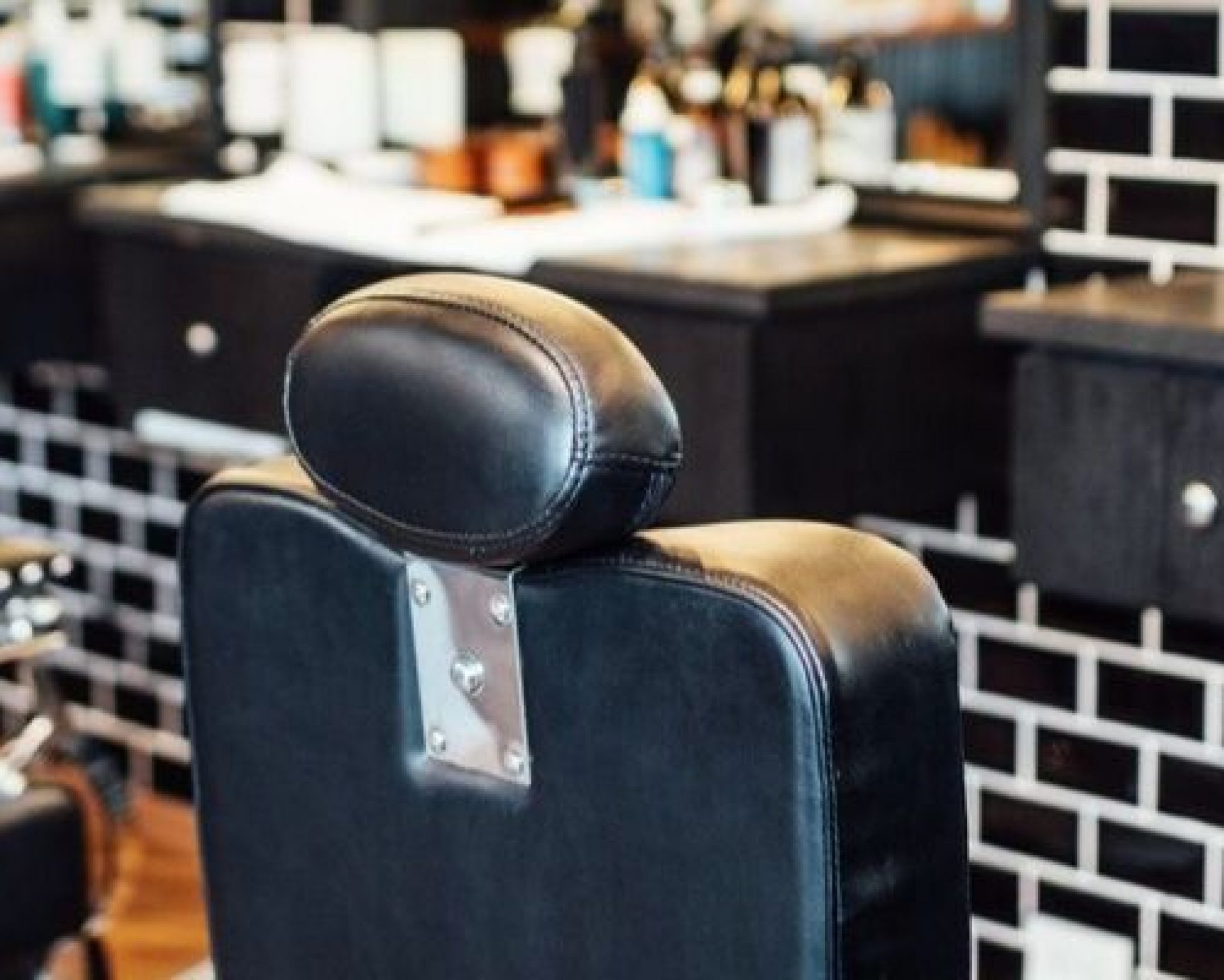Related Blogs

How Much Can Barbers Earn?
When starting a barbering career, you'll likely want to know exactly what sort of money you could be bringing in. We take a look at the possibilities.

What Equipment Do Barbers Need?
It's important to make sure you have all the right equipment to succeed in your career as a barber. Take a look at our list of must-have items.

How To Improve Customer Satisfaction
Keeping your clients happy is a sure-fire way to maintain a steady income as a barber, but how can you go about ensuring they're satisfied?
